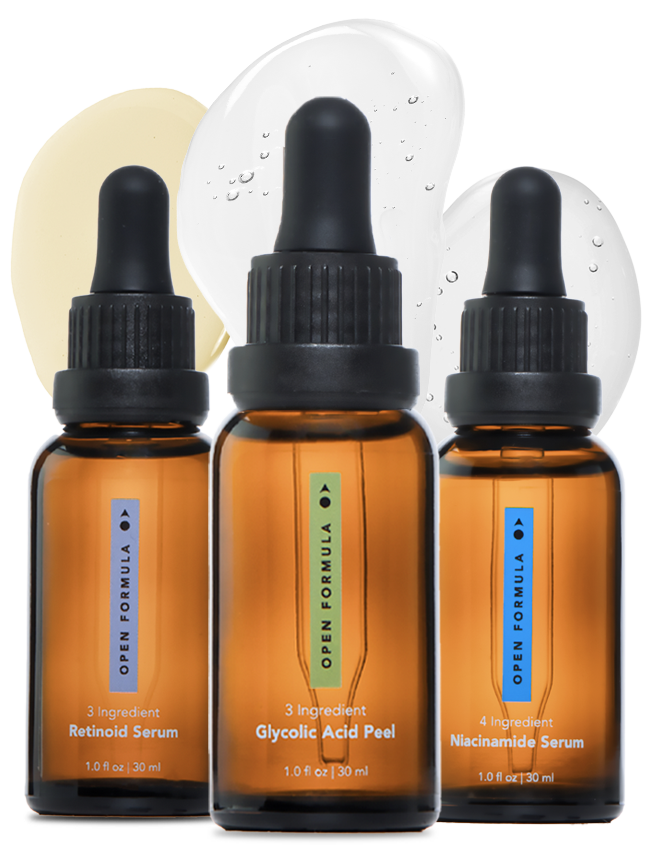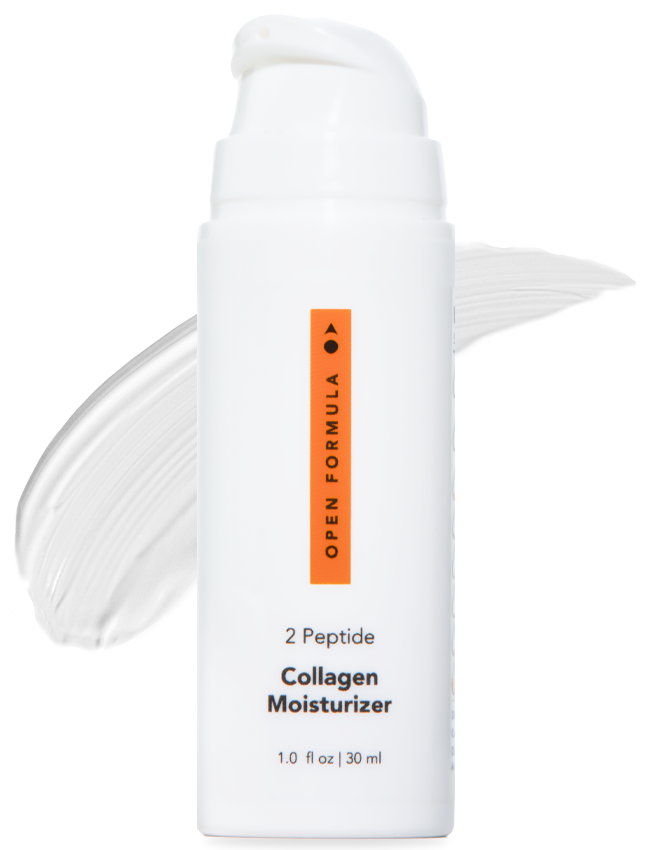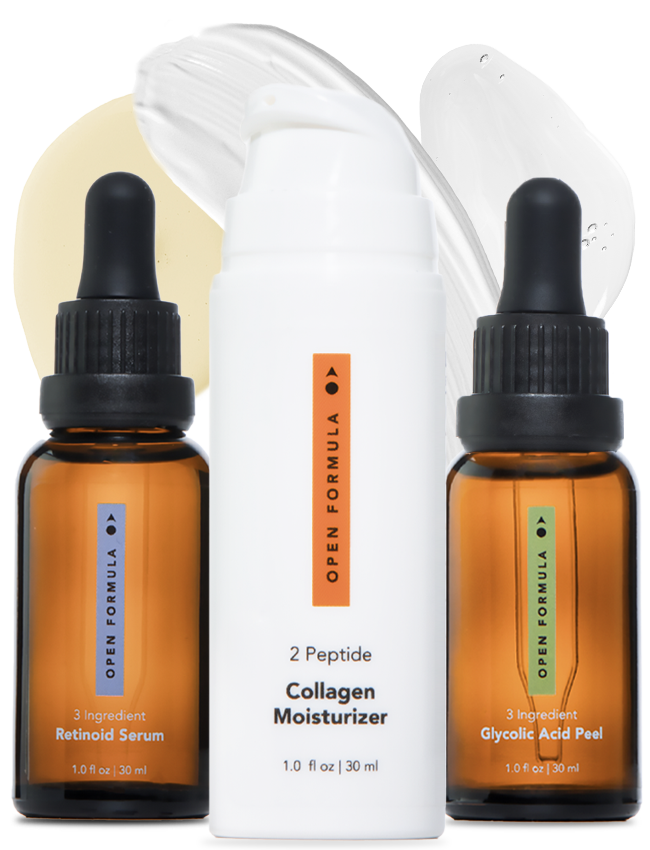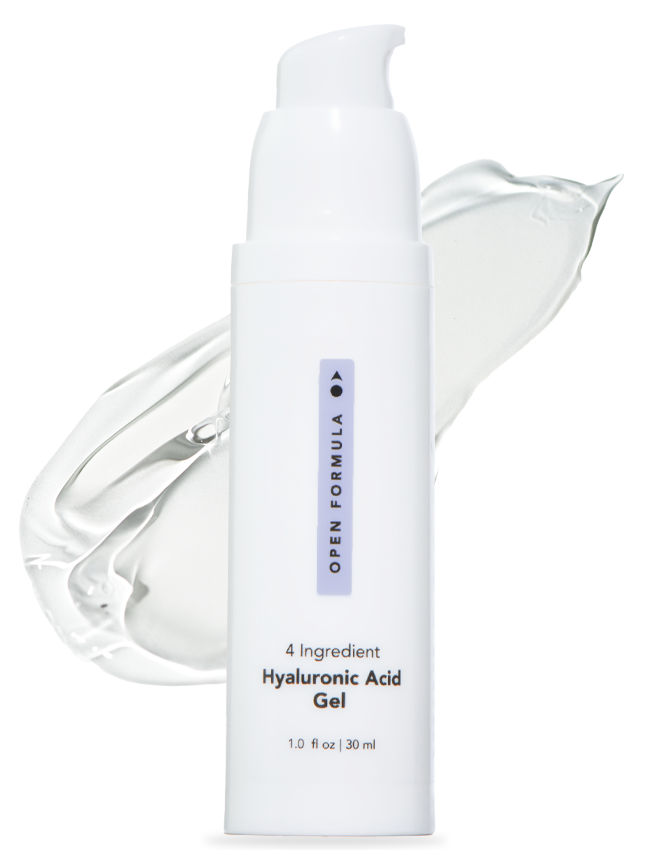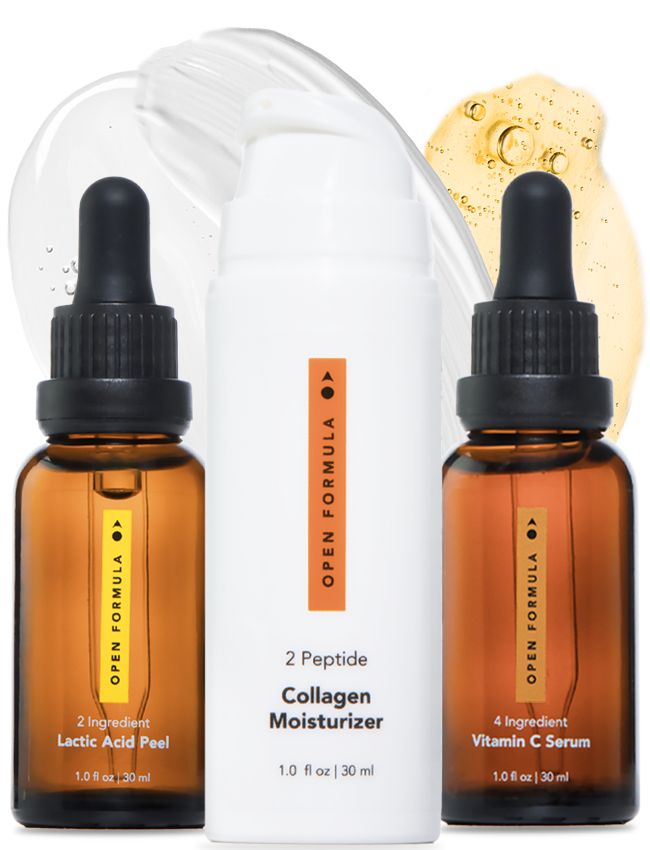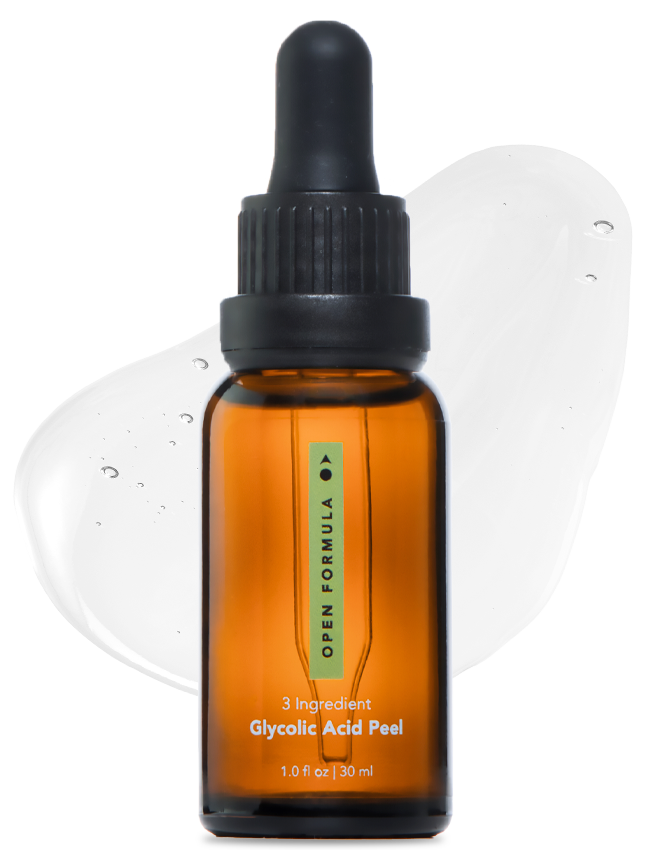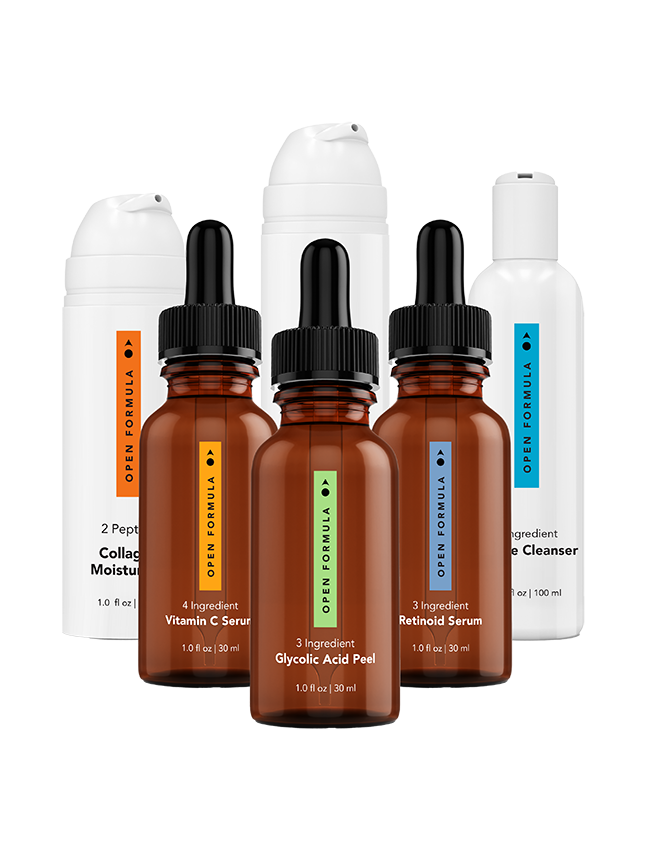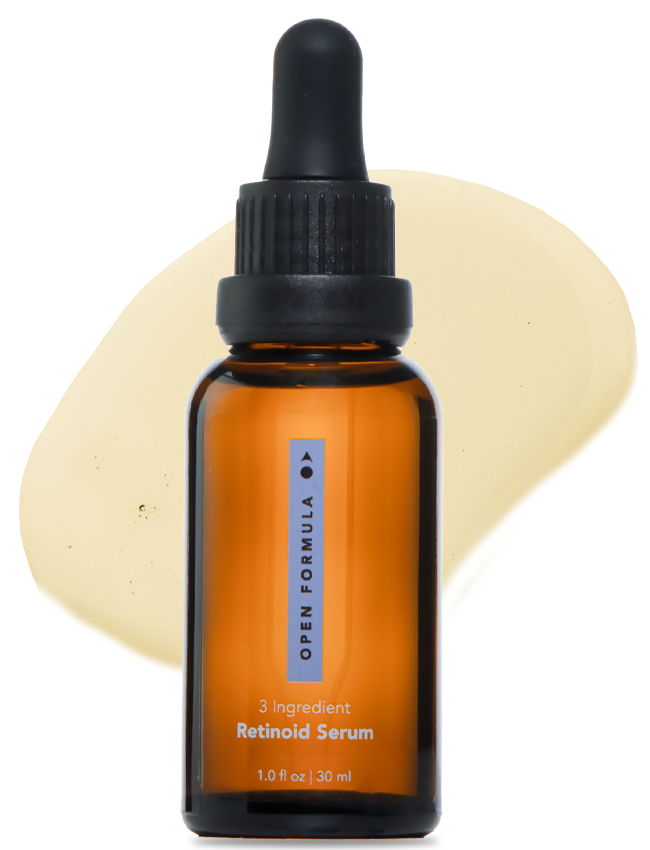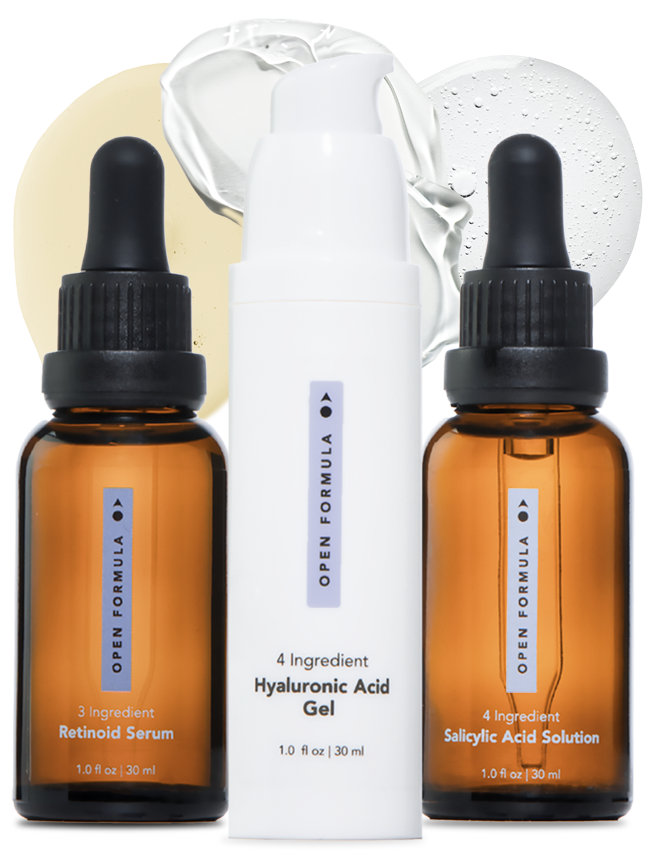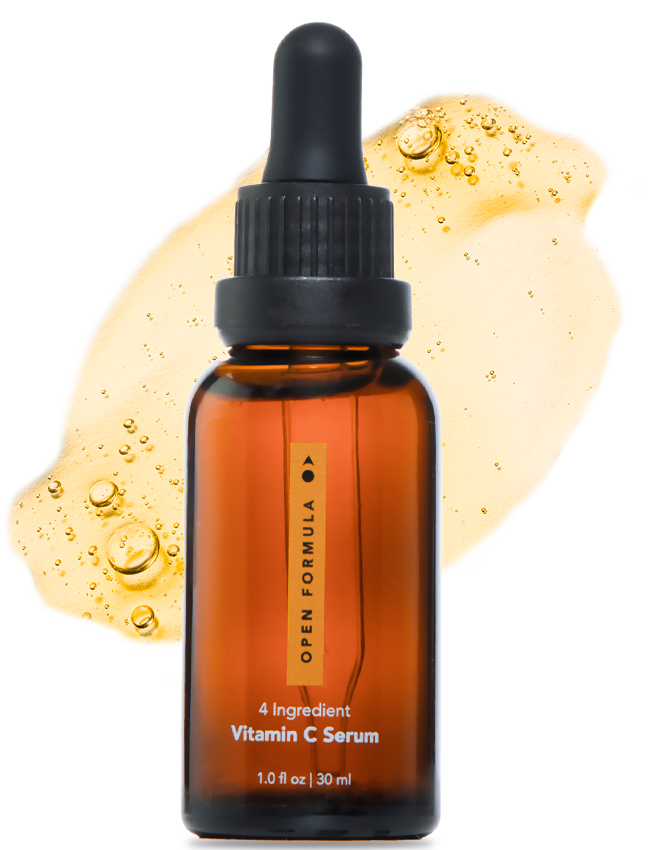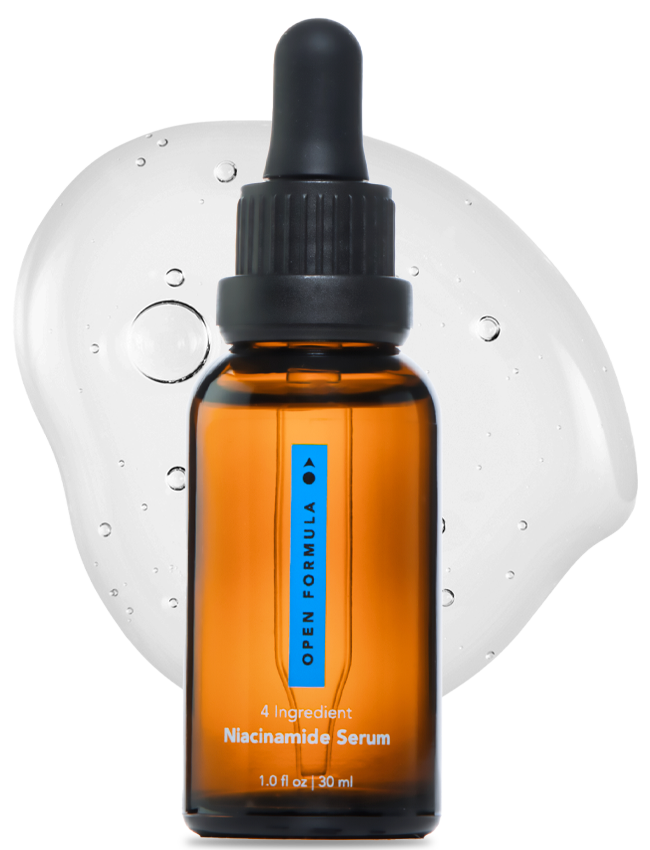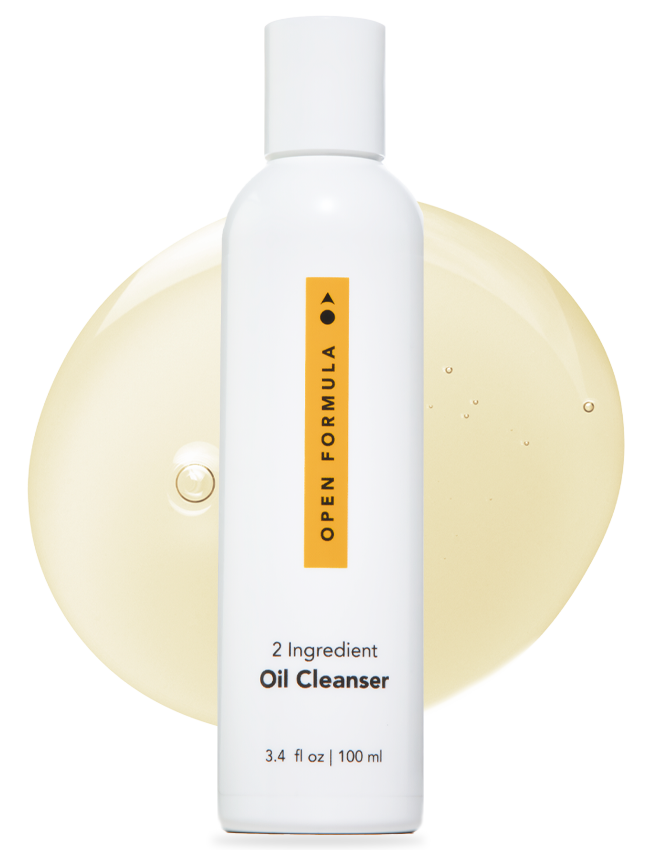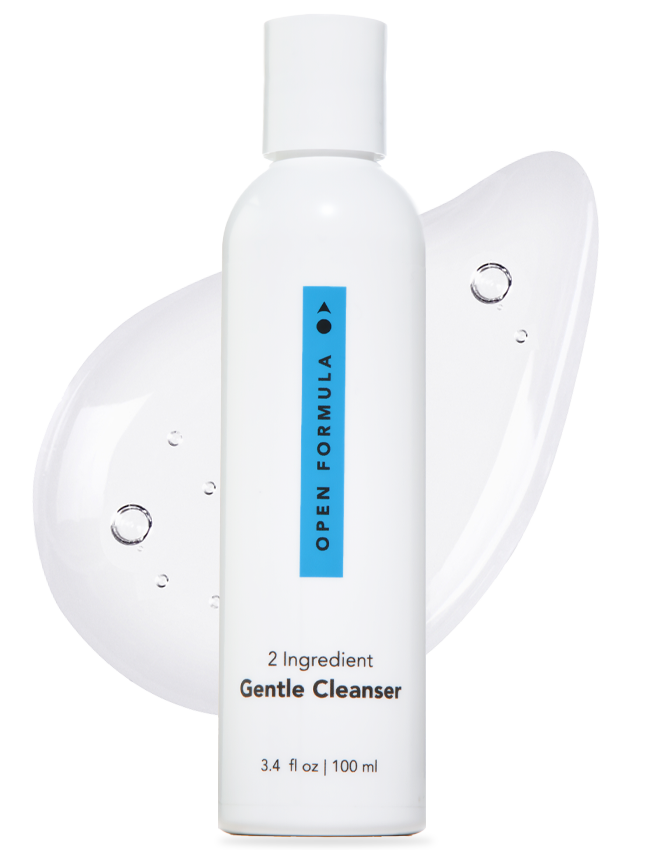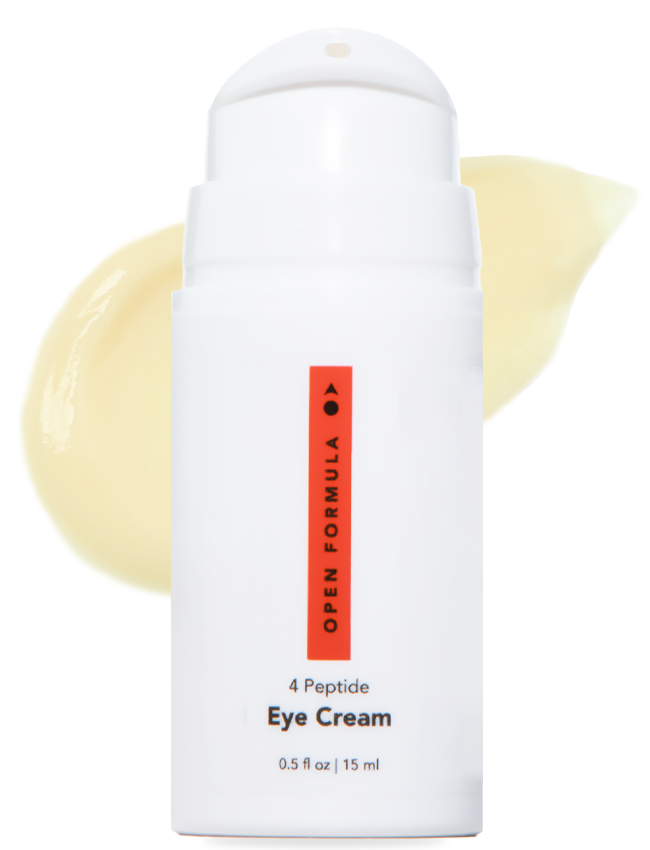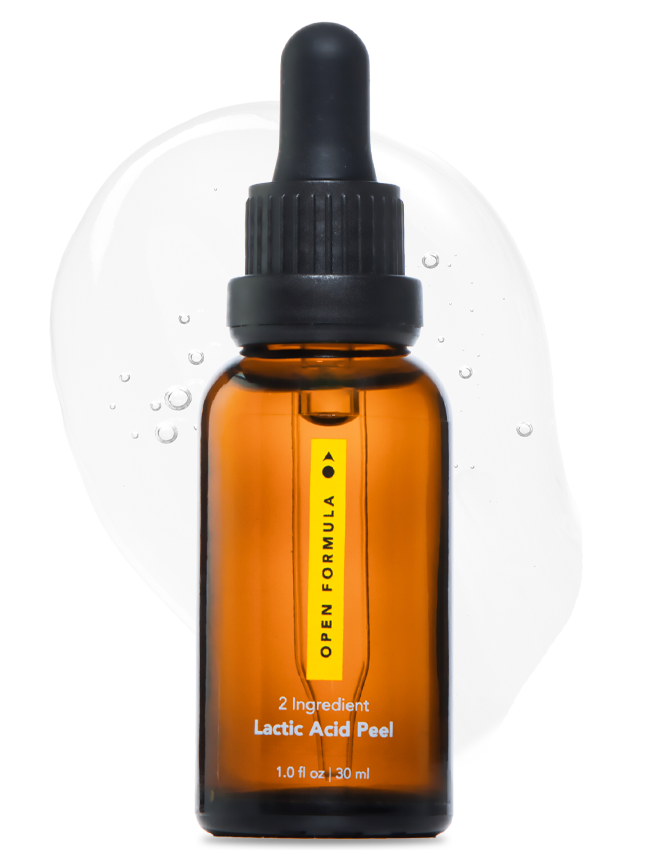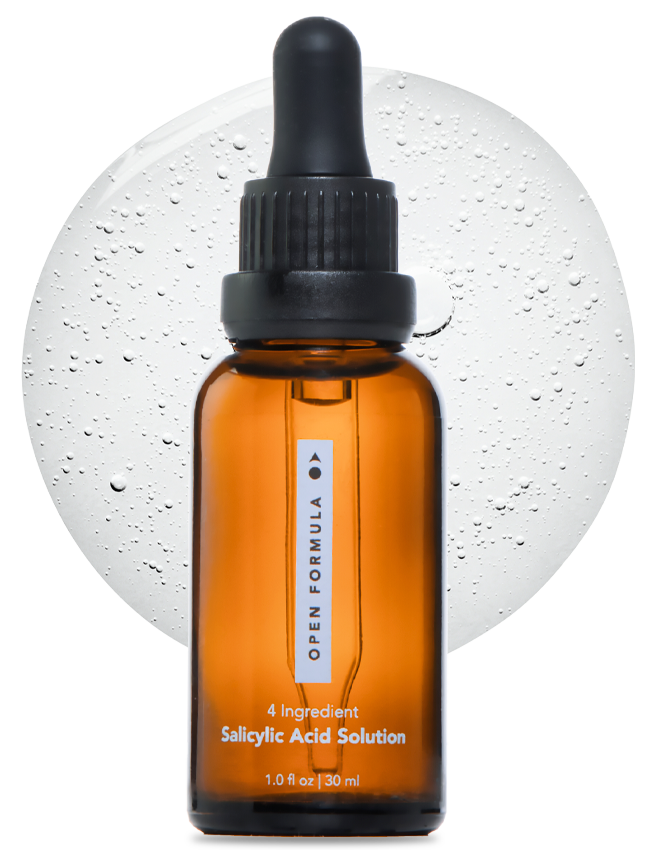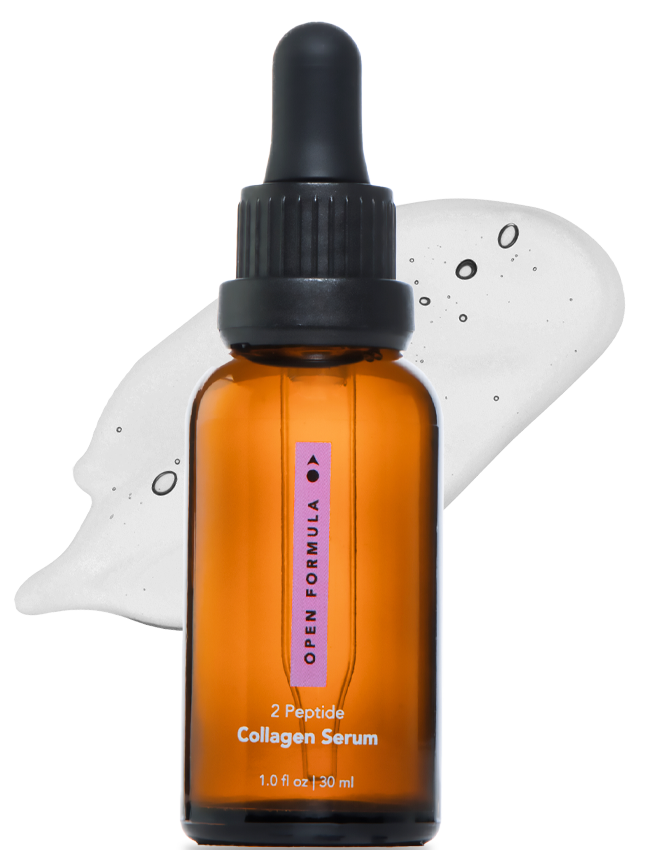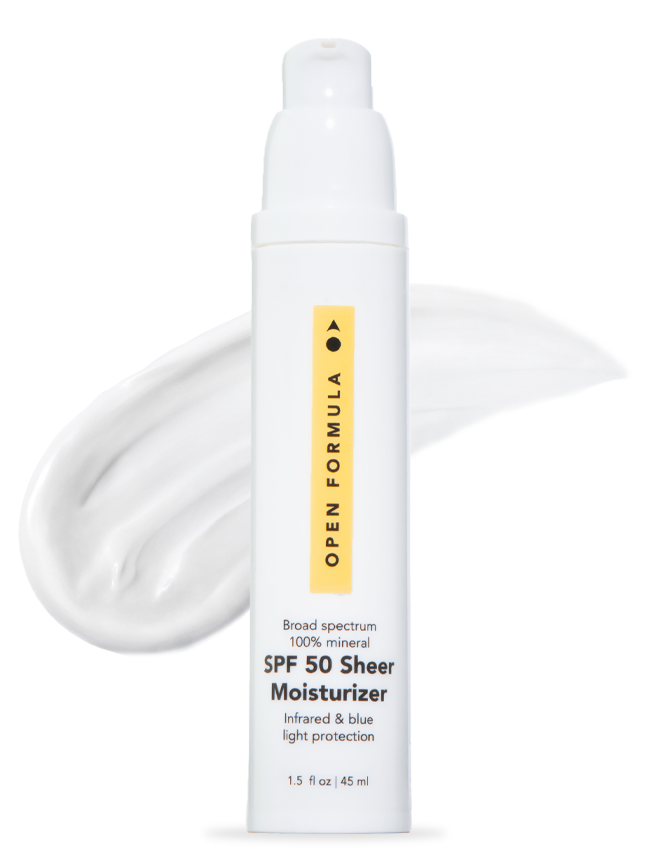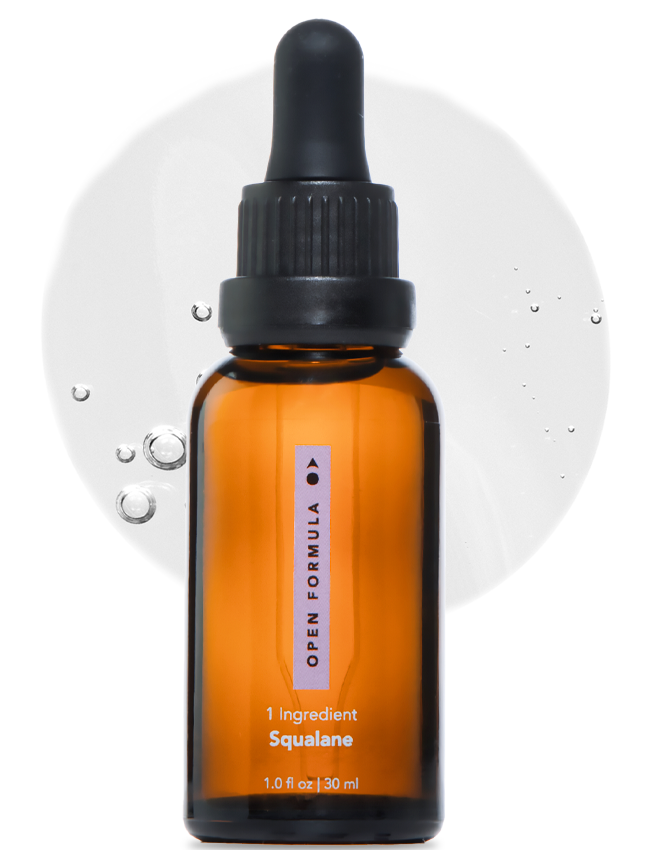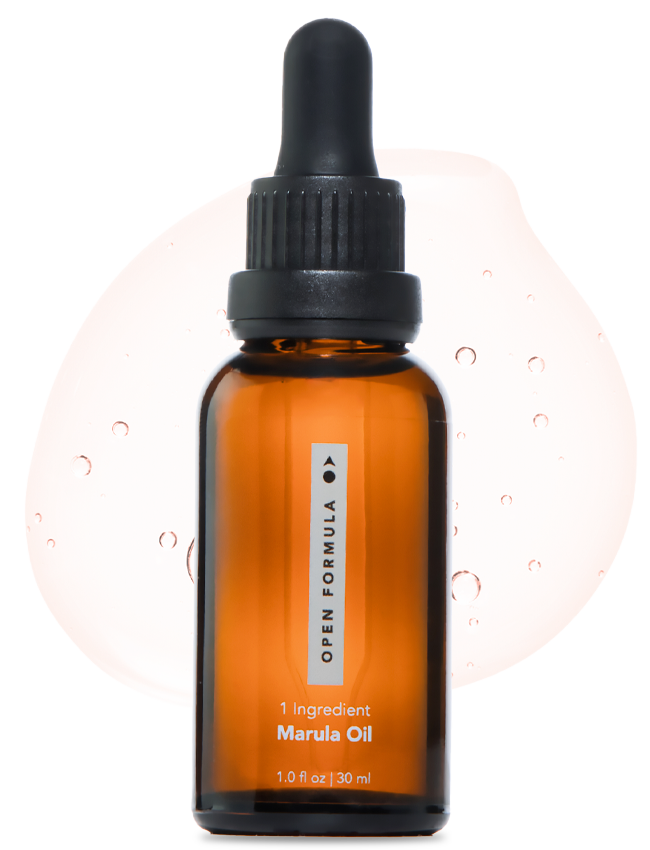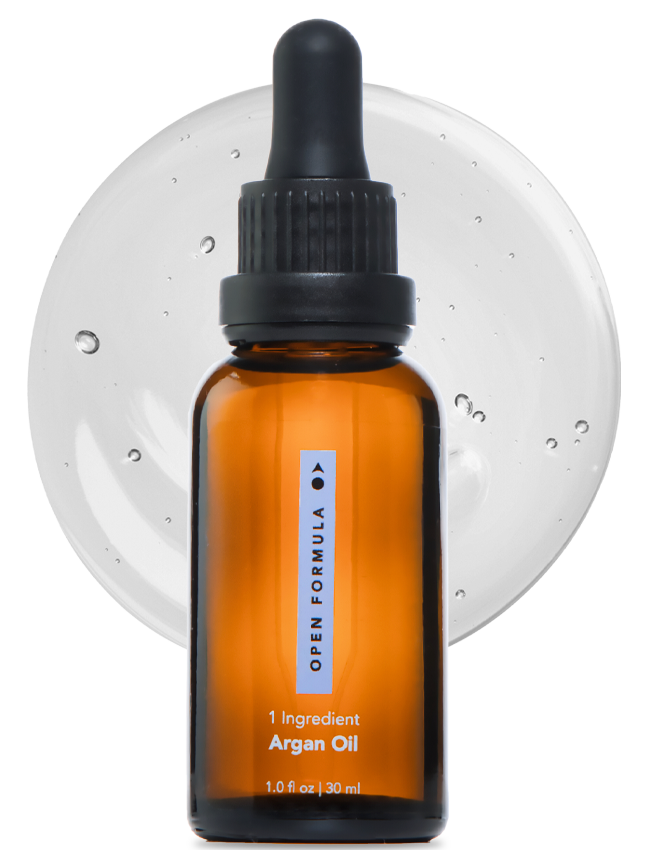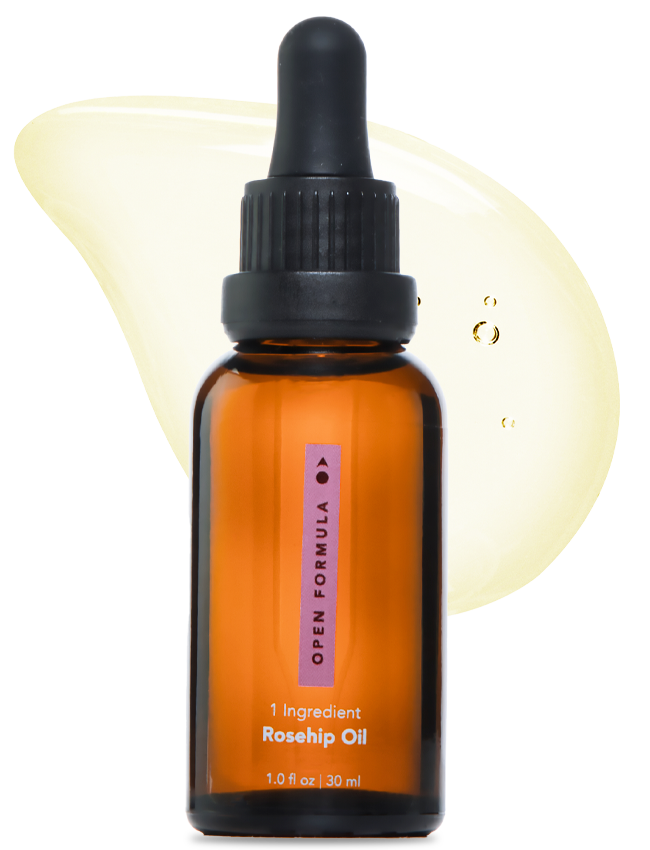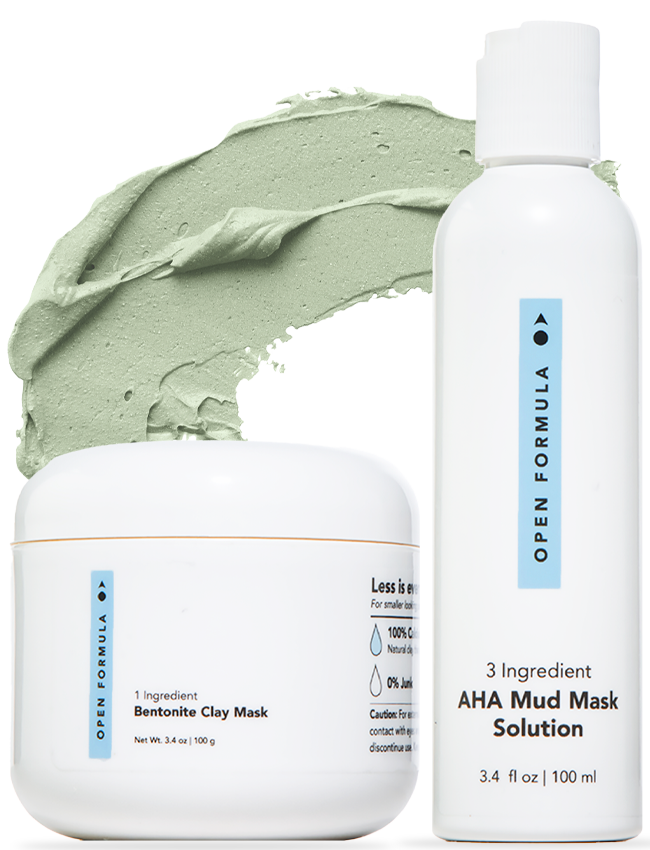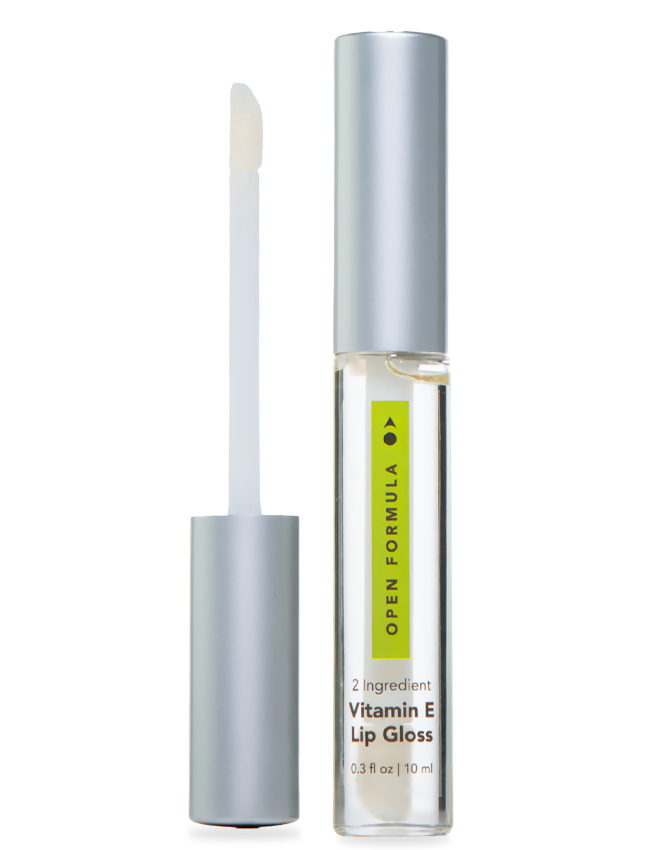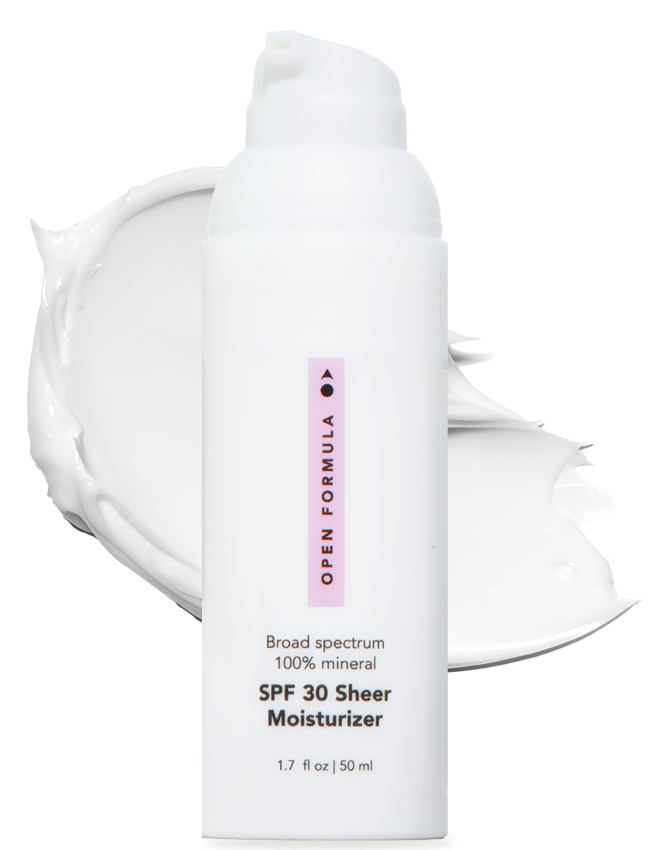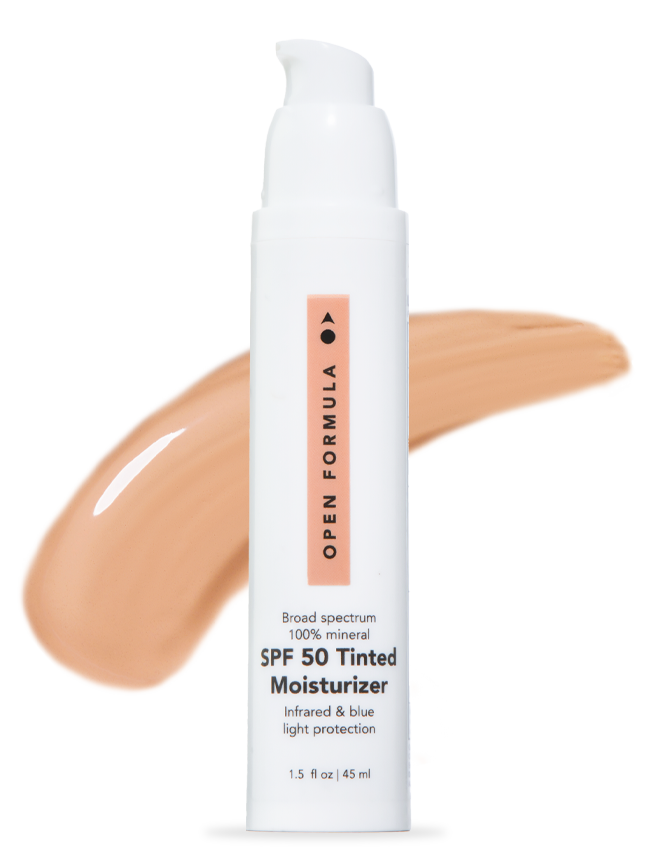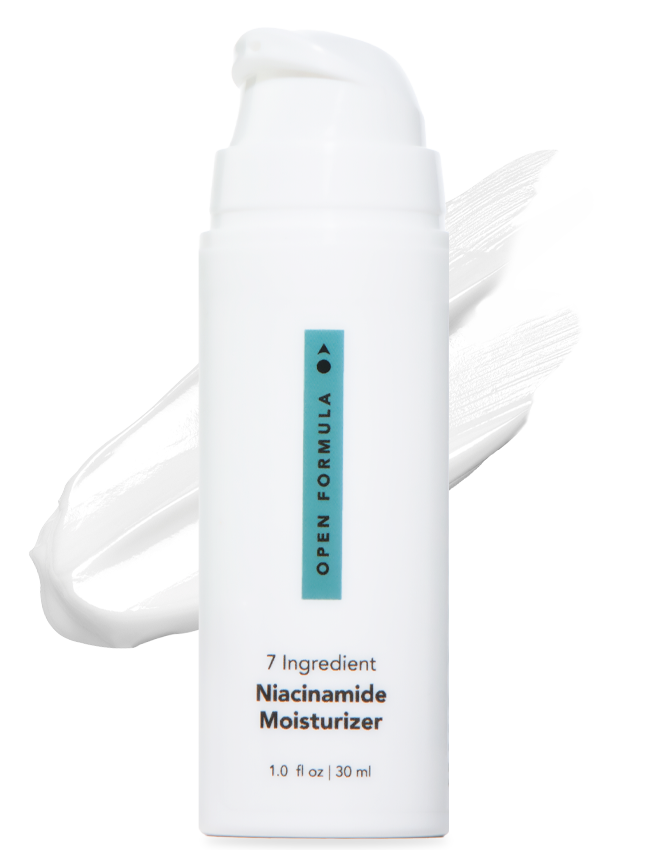Like anything in life, the look and feel of our skin isn't eternal. One of the most popular questions I receive working in skincare is, “Can you really slow down the skin aging process?” The short answer is absolutely. And you don't need invasive surgery or costly injections to do it, either. Before we dive into the trusted-and-true anti-aging solutions, let’s start at the source.
How Does Skin Aging Happen?
It might seem strange that the great star in the sky responsible for giving us sustenance and life is actually the culprit at and. It's responsible for the lion’s share of our premature aging. Yes, I’m talking about the sun.
It’s true. Of all the environmental factors draining your skin of its youthful appearance, the sun’s rays are the most impactful. Recently, I put this theory to the test when I took my whole family for a spa day. I asked my niece, who’s in her 20s, and my 80-year-old grandmother to stand side to side, backs facing the mirror. Almost shockingly, the skin on their backs looked much more similar than you'd think, despite the 60-year age difference.
But how is this possible? Well, think about it. Unless you’re a swimsuit model, how often does your back ever see the light of day? For most of us, it’s pretty infrequently.
Studies show UV light causes 80-90% of photoaging, wrinkles, dark spots, and general loss of elasticity. Basically, this happens when the sunlight hits your skin, producing what’s called “free radicals.” Free radicals damage your skin cell’s DNA, limiting their ability to replicate themselves properly. Over time, the flawed regeneration of cells becomes visible from the outside.
What Can We Do to Defend Ourselves?
Of course, SPF is the simple answer. Applying it every day, even in the dead of winter and on the cloudiest of days, can work wonders to preserve your skin. But there’s more to it. For the most all-embracing plan to bring skin aging to a halt, we have to address the issue from all angles.
A particularly prevalent type of free radical is an oxidant. Unsurprisingly, we can counteract oxidants with antioxidants. At all times, our bodies carry a number of antioxidants. The most abundant of these is vitamin C. Your best bet in neutralizing free radicals is to supply your body with as many antioxidants, like vitamin C and retinoids (derived from vitamin A), as possible. But, aside from drinking your morning OJ, make sure you’re applying antioxidants directly to your skin for best success in slowing premature skin aging.
Other useful tactics:
So there you have it. The terrific twofer of SPF and antioxidants is going to be your best line of defense in the face of those destructive free radicals. Many forms of sun damage are permanent, so start familiarizing with them as soon as possible. Of course, you can't stop time or protect yourself 100% from the sun's rays, pervasive pollutants, and free radicals. But you can certainly shrink the damage. And don't hide indoors. The sun is life-giving and provides mood-enhancing vitamin D. Simply consider greeting it in smaller doses.







